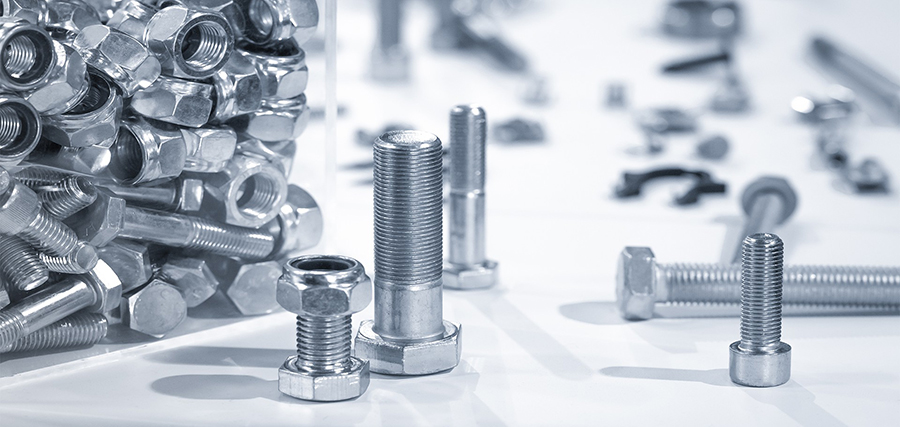
-
 Afrikaans
Afrikaans -
 Albanian
Albanian -
 Amharic
Amharic -
 Arabic
Arabic -
 Armenian
Armenian -
 Azerbaijani
Azerbaijani -
 Basque
Basque -
 Belarusian
Belarusian -
 Bengali
Bengali -
 Bosnian
Bosnian -
 Bulgarian
Bulgarian -
 Catalan
Catalan -
 Cebuano
Cebuano -
 Corsican
Corsican -
 Croatian
Croatian -
 Czech
Czech -
 Danish
Danish -
 Dutch
Dutch -
 English
English -
 Esperanto
Esperanto -
 Estonian
Estonian -
 Finnish
Finnish -
 French
French -
 Frisian
Frisian -
 Galician
Galician -
 Georgian
Georgian -
 German
German -
 Greek
Greek -
 Gujarati
Gujarati -
 Haitian Creole
Haitian Creole -
 hausa
hausa -
 hawaiian
hawaiian -
 Hebrew
Hebrew -
 Hindi
Hindi -
 Miao
Miao -
 Hungarian
Hungarian -
 Icelandic
Icelandic -
 igbo
igbo -
 Indonesian
Indonesian -
 irish
irish -
 Italian
Italian -
 Japanese
Japanese -
 Javanese
Javanese -
 Kannada
Kannada -
 kazakh
kazakh -
 Khmer
Khmer -
 Rwandese
Rwandese -
 Korean
Korean -
 Kurdish
Kurdish -
 Kyrgyz
Kyrgyz -
 Lao
Lao -
 Latin
Latin -
 Latvian
Latvian -
 Lithuanian
Lithuanian -
 Luxembourgish
Luxembourgish -
 Macedonian
Macedonian -
 Malgashi
Malgashi -
 Malay
Malay -
 Malayalam
Malayalam -
 Maltese
Maltese -
 Maori
Maori -
 Marathi
Marathi -
 Mongolian
Mongolian -
 Myanmar
Myanmar -
 Nepali
Nepali -
 Norwegian
Norwegian -
 Norwegian
Norwegian -
 Occitan
Occitan -
 Pashto
Pashto -
 Persian
Persian -
 Polish
Polish -
 Portuguese
Portuguese -
 Punjabi
Punjabi -
 Romanian
Romanian -
 Russian
Russian -
 Samoan
Samoan -
 Scottish Gaelic
Scottish Gaelic -
 Serbian
Serbian -
 Sesotho
Sesotho -
 Shona
Shona -
 Sindhi
Sindhi -
 Sinhala
Sinhala -
 Slovak
Slovak -
 Slovenian
Slovenian -
 Somali
Somali -
 Spanish
Spanish -
 Sundanese
Sundanese -
 Swahili
Swahili -
 Swedish
Swedish -
 Tagalog
Tagalog -
 Tajik
Tajik -
 Tamil
Tamil -
 Tatar
Tatar -
 Telugu
Telugu -
 Thai
Thai -
 Turkish
Turkish -
 Turkmen
Turkmen -
 Ukrainian
Ukrainian -
 Urdu
Urdu -
 Uighur
Uighur -
 Uzbek
Uzbek -
 Vietnamese
Vietnamese -
 Welsh
Welsh -
 Bantu
Bantu -
 Yiddish
Yiddish -
 Yoruba
Yoruba -
 Zulu
Zulu
Understanding Various Types of Thread Rolling Machines and Their Applications in Manufacturing Processes
Types of Thread Rolling Machines
Thread rolling is an essential manufacturing process used to create helical threads on cylindrical workpieces, commonly used in applications such as screws, bolts, and other fasteners. The method is favored for its ability to produce high-strength threads while minimizing material waste. There are several types of thread rolling machines, each designed for specific applications and production needs. This article provides an overview of the most common types of thread rolling machines and their unique features.
1. Flat Die Thread Rolling Machines
Flat die thread rolling machines are among the most widely used types of machines for thread rolling. These machines utilize two flat dies, which are often mounted in a stationary position, to impart the desired thread profile onto the workpiece. The workpiece is fed between the dies, and as it passes through, the flat surfaces aggressively imprint threads onto its surface. This type of machine is ideal for producing large quantities of uniform threads, especially on shorter workpieces such as bolts and screws. The flat dies can be easily replaced to accommodate different thread specifications, making this machine versatile for various production runs.
2. Cylindrical Thread Rolling Machines
Cylindrical thread rolling machines operate differently from flat die machines. Instead of using flat dies, they employ cylindrical rollers to form the threads. The workpiece is rotated and fed through the rollers, which offers a more uniform and optimized surface finish. This method is highly beneficial for producing long threaded components, such as rods and shafts. Cylindrical thread rolling machines are known for their efficiency and ability to maintain high precision, making them suitable for high-volume production.
3. Three-Roller Thread Rolling Machines
types of thread rolling machine

Three-roller thread rolling machines use three rollers arranged in a triangular configuration to form threads. This setup allows for greater versatility in terms of thread profiles and sizes. The design enables the production of complex thread forms that might be challenging for flat die or cylindrical machines. The three-roller configuration also ensures that the workpiece is held securely while it is being processed, leading to higher accuracy and reduced chances of deformation during the rolling process. These machines are particularly useful in specialized applications where intricate thread designs are required.
4. Multi-Station Thread Rolling Machines
Multi-station thread rolling machines are advanced machines designed for high-volume production of threaded components. These machines feature multiple rolling stations, allowing them to perform several operations simultaneously. This capability significantly increases throughput and efficiency, reducing production time. Multi-station machines can be configured for various thread forms and sizes, and they are commonly used in industries where rapid production is essential, such as automotive and aerospace manufacturing.
5. CNC Thread Rolling Machines
With the advent of technology, CNC (Computer Numerical Control) thread rolling machines have emerged as a cutting-edge solution for thread rolling. These machines are equipped with computer controls that allow for precise programming of the rolling parameters. The CNC technology enables manufacturers to produce complex thread profiles with high accuracy and repeatability. Furthermore, CNC thread rolling machines can easily switch between different production runs, making them suitable for both small and large batch sizes.
Conclusion
Thread rolling is a vital process in modern manufacturing, and the choice of thread rolling machine can significantly impact production efficiency and product quality. Each type of thread rolling machine offers distinct advantages tailored to specific requirements. From flat die and cylindrical machines to more advanced multi-station and CNC machines, manufacturers can select the best technology to meet their production goals and the demands of various industries. As technology continues to advance, we can expect further innovations in thread rolling machinery, enhancing the capabilities and efficiency of thread manufacturing processes.
